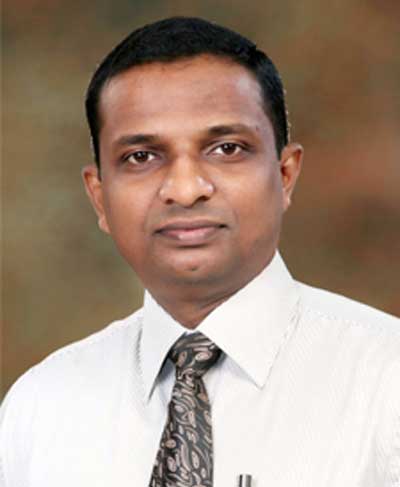
COVID can help find a new model of thinking and living
Worldwide, the COVID-19 pandemic has made the lifestyle of people take an unprecedented turn. Sudden halting of close human contact, social distancing, even with your nearest and dearest take a huge mental toll on people. In a Sri Lankan setting where our culture is very much shaped by human bonds, the current pandemic has forced our people to alter this human-centric lifestyle while prompting us to model a ‘home-grown coping strategy’ nurtured by our best practices.
The Sunday Island spoke to Consultant Psychiatrist, National Hospital of Sri Lanka, and Senior Lecturer from the Department of Psychiatry, Faculty of Medicine, Dr. Mahesh Rajasuriya, to delve into the mental health concerns of the public at large and solutions for the same. Following are the excerpts:
By Randima Attygalle
Question: How does a pandemic such as COVID-19 affect the mental health of people, both short term and long term?
Answer: The short term impact of the pandemic is two pronged: effects due to COVID-19 itself and as a result of the control measures put in place to control the spread of the pandemic. The short-term effects resulting from the pandemic itself can further be sub divided. First, if you do actually contract the Virus or you’re suspected to have contacted it, the effect you are going to experience and then the issues that you are going to experience because you fear that you or your loved ones are going to or might contract the Virus.
Now if you do contract COVID-19 or is suspected of having contracted it, you are expected to go through a particular process; you will have to consult a health worker-maybe a PHI or a doctor and get advice regarding the next step that you need to take. So obviously you will have practical difficulties of going to hospital or staying at home getting certain treatments and tests, having symptoms etc. You might have complications and rarely some people may even die. However, in addition to actual symptoms, complications and sufferings due to COVID-19 so many people have anxiety, tension, discomfort and worries over the possibility of contracting COVID-19, thinking of nothing but of COVID-19 all the time 24/7.





